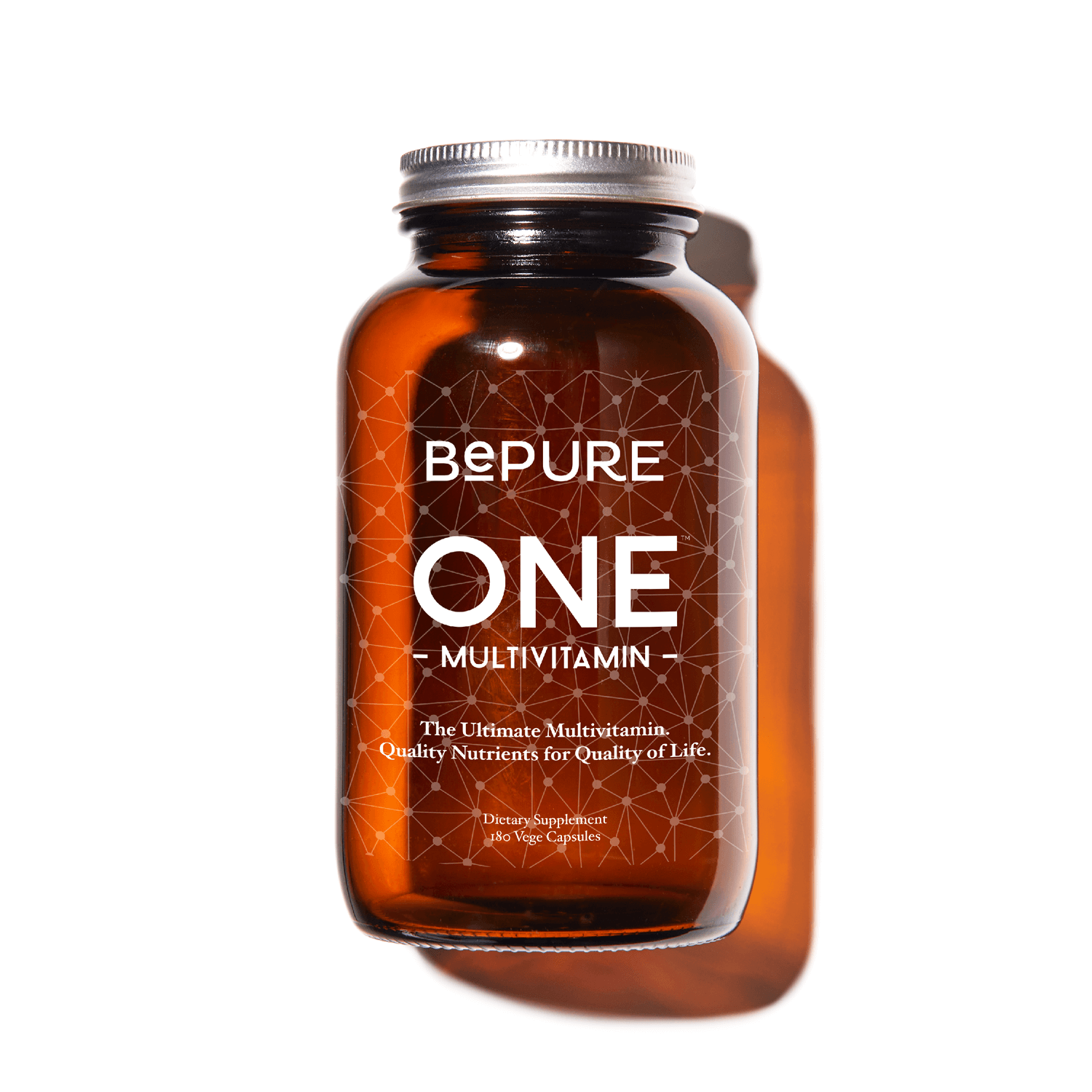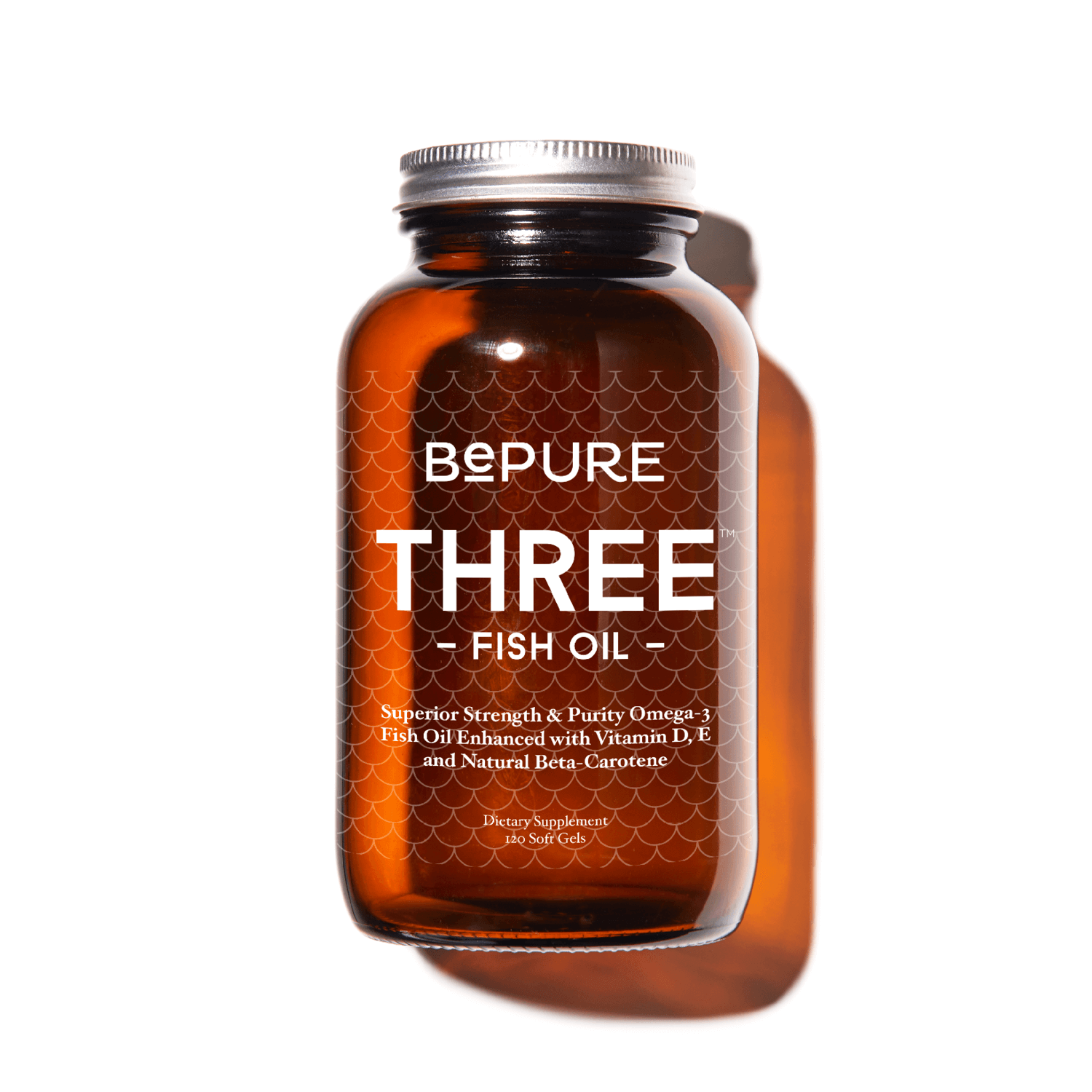Today, many of us are busy, stressed, underslept, and over caffeinated. We have stressful jobs and busy families and like to do vigorous exercise to keep our bodies fit and in shape.
Most of us understand that rest is important but at the same time, it can be very difficult to prioritise a 10pm bedtime or relaxing evening bath when you have young children to put to sleep – or to put back in bed! Or a rapidly approaching deadline at work.
Unfortunately, due to the limited access we have to nutrition technology, we can’t see the direct benefit that going for a walk in nature or going to a yoga class has on our body.
Parasympathetic System, what is it?
The parasympathetic system is part of the nervous system that helps your body relax and recover after stress. It slows your heart rate, lowers blood pressure, and helps with digestion, promoting a state of rest and calm.
With this, our understanding of health, nutrition and wellbeing will dramatically improve too. We will be able to see the effect stress has on our body and the need to balance our parasympathetic and sympathetic nervous systems.
1. Stabilise your blood sugar levels
We are all different so what makes our body run and its optimal health is unique to us. Similar to when you buy a car, you make sure you find out whether it takes petrol or diesel, right? The same principle applies to humans as well. If you are not giving your body the right fuel for its engine—your metabolism—you are just going to splutter along.
To stabilise your blood sugar levels, you need to know what your macronutrient profile is and understand the amount of fat, carbs and protein your body needs. I have a great article that goes into a lot of detail into how you can eat right for you. When you eat right for your body, you will be satisfied after a meal, and this will sustain you until your next meal.
2. Supportive Foods
The easiest way to talk about foods that will support your body is by talking about the ones to avoid. Everyone should do their best to steer completely clear of all processed foods and refined sugars. Limit the number of stimulants you consume, such as coffee, refined carbohydrates and alcohol. For some people, they will notice considerable health improvements when limiting or completely eliminating dairy and gluten.
Instead, eat a nutrient dense diet based on whole foods. This means filling your diet with leafy green vegetables, quality protein, healthy fats and complex carbohydrates.
3. Hydration
Our body is made up of 60% water and it transports nutrients throughout the body. Water aids in digestion, regulates temperature, facilitates detoxification and protects our joints. It also promotes healthy bowel movements, improves mental concentration and relieves fatigue.
"Our body is made up of 60% water and it transports nutrients throughout the body."
Staying hydrated is also a good way to keep our lymphatic system flushing and moving metabolic waste out of our body. It’s essential to our bodies ability to detoxify, nourish and regenerate tissue.
Being hydrated will mean drinking different amounts of fluid to different people. To make sure you're drinking the right amount of water according to your weight, try using this formula.
0.033 litres per kg of body weight, which roughly equates to the following amounts:
- 60 kg = 2 litres
- 75 kg = 2.5 litres
- 90 kg= 3 litres
- 105 kg = 3.5 litres
Water and caffeine free herbal teas are the best ways we recommend to get your fluid intake. It's important to remember that black tea and coffee do not count and can actually increase dehydration. If you drink one coffee, it takes two glasses of water to break even as far as hydration goes.
4. Personalised exercise
Exercise is very personal. Just as there is no perfect diet for everyone, finding what exercise works for you will be different for someone else.
Choosing the best workout to achieve vitality, rejuvenation, and longevity is more about understanding yourself, your lifestyle, and your life responsibilities than about mastering a tricky yoga pose, running 10 km, competing in crossfit, or taking a spin class.
Real or perceived, it’s important to remember that your body will respond to stress in the same way. If you are well rested and have low stress in your day-to-day life, putting your body under some positive physiological stress will reap huge benefits. But, if you are already under a lot of stress or suffering from adrenal fatigue, choosing the lower intensity options will be hugely beneficial.
5. Mindfulness
Mindfulness is the combination of practices, habits, thoughts and behaviours you use to help you get through your daily life. These things are highly personal, however, at their core is the same principle; you are intentionally and actively seeking to lower your body’s response to stress.
"Your mind controls your entire system, and whatever you’re thinking about directly affects the physiology of your system."
Your mind controls your entire system and whatever you’re thinking about directly affects the physiology of your system. Even if you’re doing the right things, but you’re not enjoying it, or you’re doing it with a begrudging attitude, your body will respond with stress hormones. It’s for this reason you can’t white knuckle your way through a strict diet forever.
To improve your mindfulness, try putting some strategies and practices in place to help you make positive changes from a place of self-respect and self-love instead of from a place of “needing” or “I have to.”
Ones that we like at BePure are keeping a gratitude journal and accountability food diary. Try eating your meals away from your desk and really focusing on chewing your food; you’ll be amazed at how much more flavour your food has when you do this.
6. Get quality sleep
Sleep allows our bodies to recover and regenerate. Research has shown that without this recovery and regeneration, a sleep deficit can contribute to major illnesses like heart disease, diabetes and obesity.
On the flip side, good sleep improves our mood, mental ability, memory, immunity and physical performance, it has also been associated with positive metabolic health.
7. Take an Epsom salts bath
Epsom salts contain a large amount of magnesium and sulfur and studies have found that regular Epsom salts baths can help your body absorb the minerals in the salt, helping to raise your body's levels of magnesium. An Epsom salts bath can help with phase two of detoxification, it’s great for localised muscular pain and it will help you to relax.
8. Get into nature
Going for a walk out in nature is a great way to relax. There have been numerous studies that have seen improvements in time spent outside in nature and health. Getting outside is also a great way to soak up the vitamin D. Your body can’t make vitamin D if you’re wearing sunscreen, so 20 minutes of sun exposure between 10 am and 3 pm should be the maximum you aim for.
Note: Depending on your skin type, you may need to limit this amount of time as it’s important not to burn your skin.
9. Supportive relationships
Having someone you can confide in, that will support you or that is sharing your experience, is such an empowering, motivating aspect of your health journey.
We encourage everyone to have an accountability partner that you can bounce inspiration off of or laugh over your ups and downs with. If you’d like to connect with someone else on a similar health journey, check out the BePure Facebook Community Group.
10. Nutritional Support
In times of stress, your body uses more essential nutrients and places a larger load on our liver, which affects our ability to store and absorb nutrients.
Prolonged periods of stress can also cause adrenal fatigue. The harder you push your mind and body, the more nutrients you need. The Everyday Health Pack is the baseline nutritional support I recommend everyone takes on top of a healthy diet, every day, to support their health.




